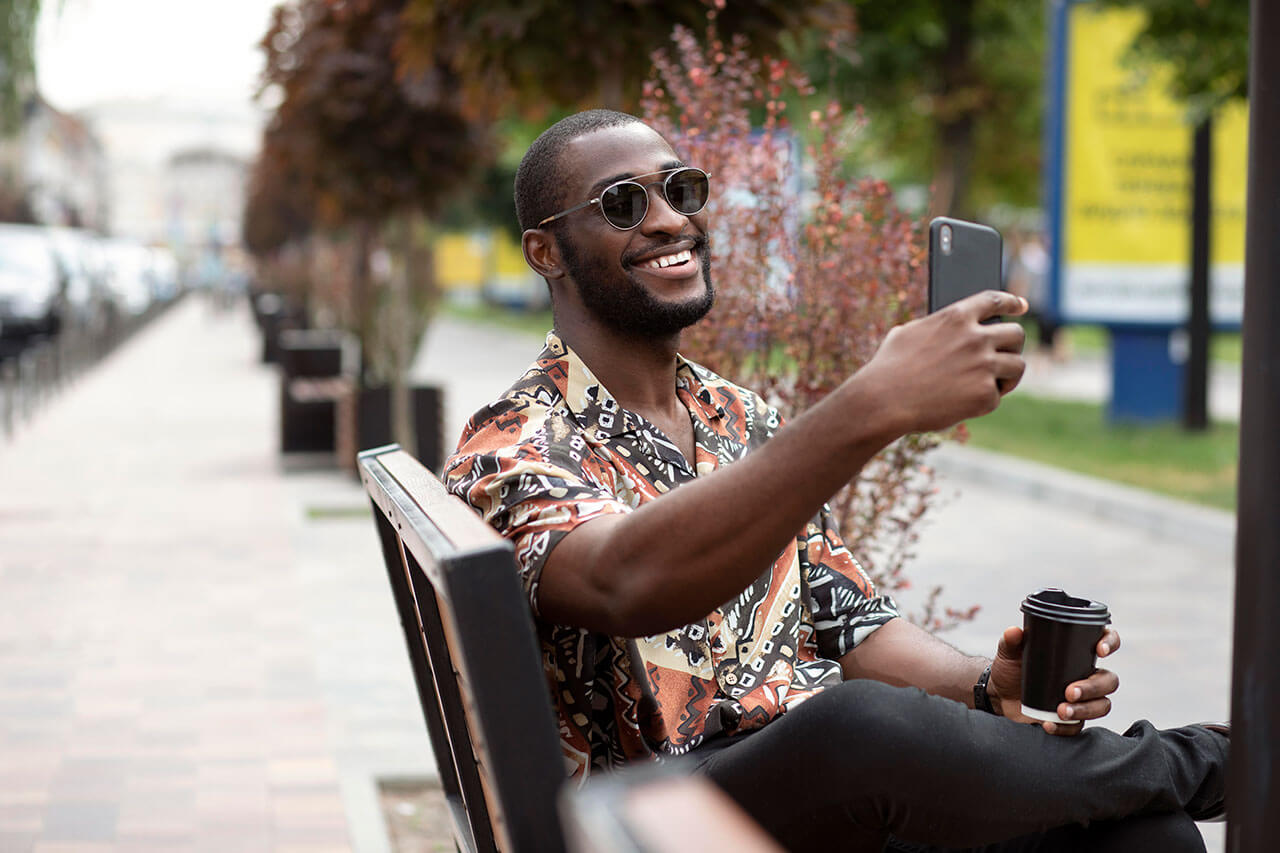Understanding the Legal Aspects of Influencer Marketing

By Albert Makoeng
In recent years, the term “influencer” has become a buzzword in the marketing world. Social media influencers have been instrumental in promoting brands and products to their followers, with many marketers seeing it as a surefire way to boost their reach and bottom line. However, the rise of de-influencing is a game-changer that brands can’t afford to ignore.
First, it’s important to understand not just what de-influencing is, but what it is not. It does not equal cancel culture nor is it a death knell for influencers or influencer marketing. Quite the opposite.
De-influencing is a huge step towards authenticity in how people are sold to. It sees influencers engaging with their communities about what not to buy, by sharing honest and detailed feedback. This shift is a by-product of a convergence of socioeconomic and environmental factors, including increasing lethargy towards consumer culture and a desire for a more sustainable lifestyle.
As influencer marketing goes full-funnel, it’s vital for brands to foster long-term, trustworthy, and transparent relationships with their influencer partners. Influencers are no longer just the icing on the cake. Instead, they are the flour and yeast. Brands need to bring influencers into the campaign development process earlier to ensure that they're aligned with the campaign objectives.
Besides that, brands need to develop a plan to address constructive criticism and view de-influencing as an opportunity to supercharge their community management. Brands should be open to receiving honest feedback, respond in the comments, and use the insight they get for product development. This then enables them to showcase the results of how this feedback was used back to the community it was sourced from.
TikTok is the breeding ground for smaller micro-influencers and their micro-communities who they share a deep loyalty with. Just like brands want to demonstrate loyalty to customers, influencers want to demonstrate the same to their communities. TikTok is synonymous with raw, real, and unfiltered content, making it the perfect platform for influencers to connect with their followers authentically.
De-influencing is not a passing trend; it's a style of content that's here to stay. Brands that ignore this trend will miss out on the opportunity to create long-term, meaningful relationships with their customers. The future of influencer marketing is not just about reaching more people but about building more genuine connections with them. Brands that focus on fostering these relationships will reap the rewards for years to come.
The rise of de-influencing represents a significant shift in the world of influencer marketing. It's a wake-up call for brands to embrace authenticity and transparency in their marketing efforts. Brands need to foster long-term, trustworthy, and transparent relationships with influencers and bring them into the campaign development process earlier.
Brands that view de-influencing as an opportunity to supercharge their community management will be the ones that succeed in the long run. The future of influencer marketing is all about building genuine connections with customers, and if your brand can do this, it will thrive in the years to come.
Find this content useful? Let's connect.
Building real connections with your audience starts with you and theSalt lets chat
Pieter Groenewald
A qualified CA who fell in love with the media world, for the last 11 years, Pieter’s focus has been Influencer Marketing as the CEO of SA’s #1 Influencer Marketing Group at Nfinity. Pieter founded theSalt, the first to market nano influencer channel in SA, currently being rolled out globally.